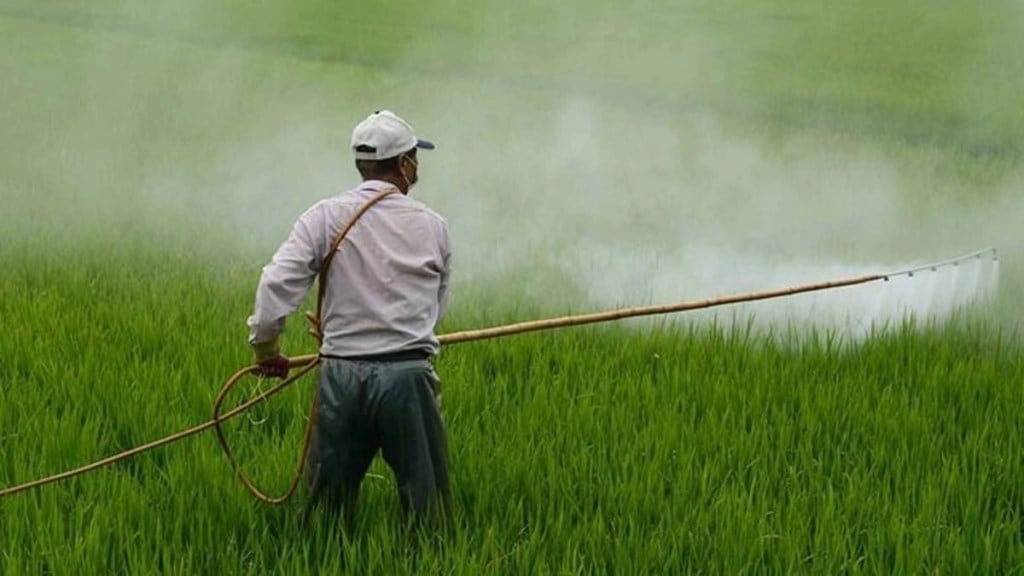By Rajat Mishra
The government has modified the gas procurement policy for fertiliser companies, allowing them to buy about a fifth of their monthly needs from the spot market.
With the revision, fertiliser companies will also have to buy 40% of their supplies under a “take or pay” rule, while no such guaranteed offtake is part of the current norms.
As per the extant guidelines, fertiliser plants are required to procure 80% of their gas needs through long-term contracts and the balance through three-month tenders.
Also Read: Multiple options after demerger: Deepak Fertilisers MD and CEO
A sharp spike in prices of liquefied natural gas (LNG) amid the Russia-Ukraine conflict has pushed up the cost of production of urea in recent months. Higher global prices of soil nutrients are seen to inflate fertiliser subsidy to Rs 2.25 trillion in FY23, up from Rs 1.5 trillion in the last fiscal.
In a recent interview to FE, fertiliser secretary Arun Singhal said the government will tweak the LNG sourcing policy to deal with volatility in its prices, including reverse auction, aggregation of demand etc”.
In the last one month, we have saved `3,288 crore by swapping, which allowed us to source cheaper LNG through short-term tender method. We are now considering to include offtake guarantee under the gas pooling mechanism,” he had said.
Also Read: Deepak Fertilisers to demerge mining chemicals, fertiliser businesses
The country’s urea production is dependent a lot on imported liquefied natural gas (LNG).
The installed domestic urea manufacturing capacity is 28.3 million tonne (MT), against annual requirement of around 35 MT.
The government makes available urea at rates much below cost to farmers, with subsidy routed through fertiiliser producers.
Fertiliser plants can source gas through the Indian Gas Exchange and inter-company contracts. The new rule also allows fertiliser companies to withdraw tenders if they feel the bidding has led to higher than expected prices.
In October-December quarter, fertiliser plants bought gas at $38 per million British thermal units (mmBtu) through a tender. The maximum price quoted in the tender was $55 while gas was available at the Indian Gas Exchange and bilateral markets for $15 to $20 per mmBtu.
India imports up to 40% of the 50 million tonne of fertiliser it needs annually. But the prices of fertilisers have risen substantially due to the Russia-Ukraine war.
Early last month, fertilisers minister Mansukh Mandaviya said that due to higher global prices, India’s fertiliser subsidy bill for the fiscal year would rise to a record `2.25 trillion from about Rs 1.5 trillion the previous year.
(With inputs from Reuters)
